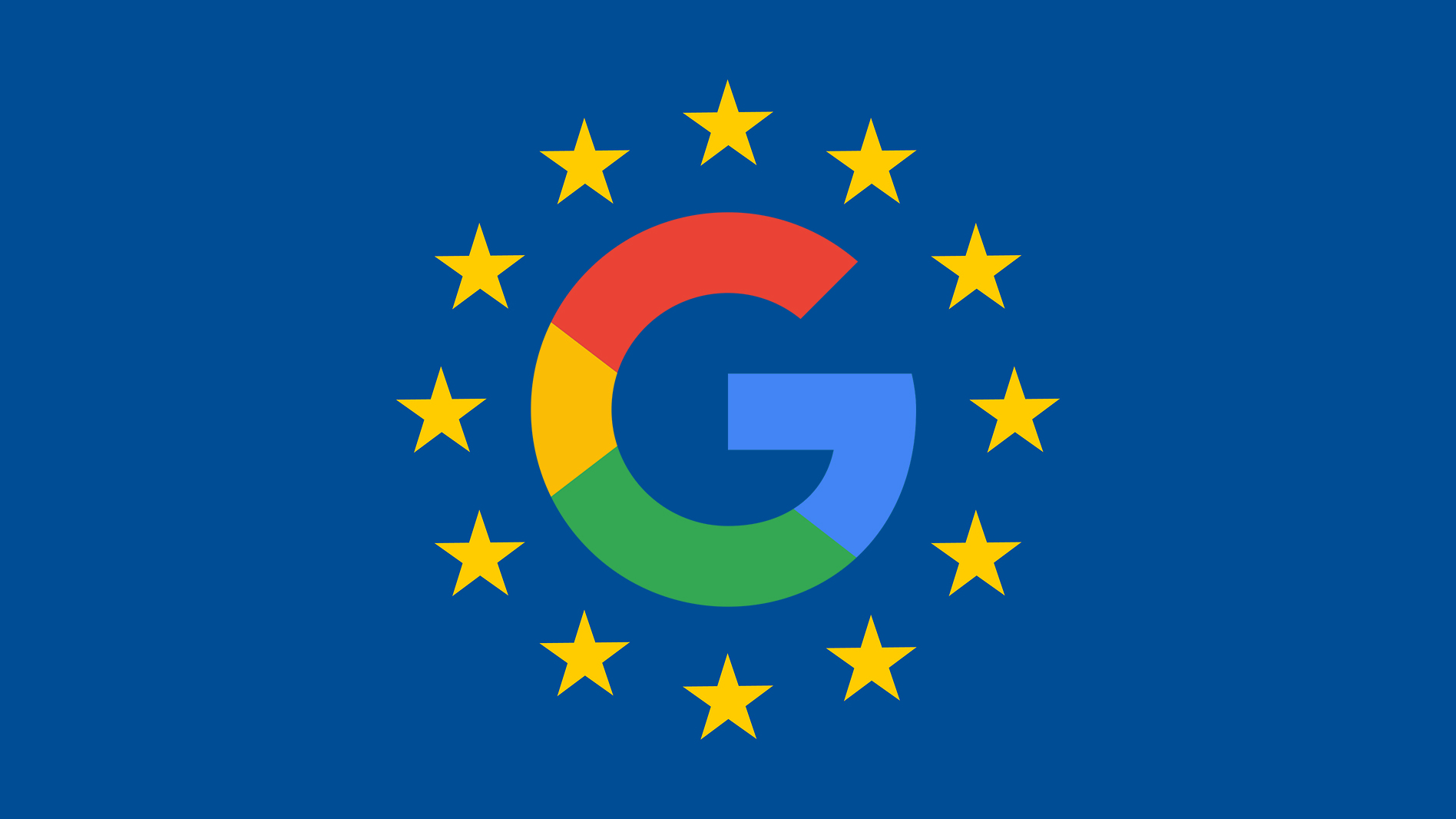Digital Services Act: Google asks European Commission to clarify responsibilities
The tech giant submitted a 135-page document calling for greater clarity around expectations


Google has responded to the European Commission’s public consultation regarding the Digital Services Act, submitting a 135-page document which points out the need to clarify the EU’s expectations towards tech companies.
In the submission, Google urged the European Commission to avoid a 'one-size-fits-all' approach, as well as elaborate on the responsibilities to which the tech industry will have to adhere if the legislation is passed.
The Digital Services Act, which was first unveiled in 2019, is expected to provide the EU with a raft of legal powers to influence how social media platforms govern hate speech, extremist material, and political advertising.
The legislation would directly impact Google’s video-hosting service YouTube, which has been criticised in the past for spreading harmful conspiracy theories, fake news, and hate speech.
In the document submitted to the European Commission, Google agreed that tech companies should act fast in order to immediately remove or disable access to harmful or illegal content. However, the tech giant also raised the concern that hosting platforms may be forced to prioritise speed over cautious decision-making.
In a blog post announcing the submission, Google’s SVP of Global Affairs Kent Walker said that the Digital Services Act “should reflect the wide range of services offered by the tech industry”, as opposed to adopting a common approach for every company.
“No two services are the same and the new act should be rooted in objectives and principles that can be applied, as appropriate, across this broad, diverse ecosystem. This will ensure that everyone - platforms regulators, people and businesses - are responsible for the parts they play,” he said.
Sign up today and you will receive a free copy of our Future Focus 2025 report - the leading guidance on AI, cybersecurity and other IT challenges as per 700+ senior executives
Walker added that Google is “committed to providing greater transparency for our users and governments so that they better understand the content they are seeing and how to notify us of concerns”.
“The DSA should support these kinds of constructive transparency measures while ensuring that platforms can continue to protect user privacy, ensure commercially sensitive information is not revealed and prevent bad actors from gaming the system,” he said.
The consultation period for the Digital Services Act is set to conclude on 8 September.
Having only graduated from City University in 2019, Sabina has already demonstrated her abilities as a keen writer and effective journalist. Currently a content writer for Drapers, Sabina spent a number of years writing for ITPro, specialising in networking and telecommunications, as well as charting the efforts of technology companies to improve their inclusion and diversity strategies, a topic close to her heart.
Sabina has also held a number of editorial roles at Harper's Bazaar, Cube Collective, and HighClouds.
-
 European Commission approves data flows with UK for another six years
European Commission approves data flows with UK for another six yearsNews The European Commission says the UK can have seamless data flows for another six years despite recent rule changes
-
 Three things you need to know about the EU Data Act ahead of this week's big compliance deadline
Three things you need to know about the EU Data Act ahead of this week's big compliance deadlineNews A host of key provisions in the EU Data Act will come into effect on 12 September, and there’s a lot for businesses to unpack.
-
 The second enforcement deadline for the EU AI Act is approaching – here’s what businesses need to know about the General-Purpose AI Code of Practice
The second enforcement deadline for the EU AI Act is approaching – here’s what businesses need to know about the General-Purpose AI Code of PracticeNews General-purpose AI model providers will face heightened scrutiny
-
 Meta isn’t playing ball with the EU on the AI Act
Meta isn’t playing ball with the EU on the AI ActNews Europe is 'heading down the wrong path on AI', according to Meta, with the company accusing the EU of overreach
-
 ‘Confusing for developers and bad for users’: Apple launches appeal over ‘unprecedented’ EU fine
‘Confusing for developers and bad for users’: Apple launches appeal over ‘unprecedented’ EU fineNews Apple is pushing back against new app store rules imposed by the European Commission, suggesting a €500m fine is a step too far.
-
 Apple, Meta hit back at EU after landmark DMA fines
Apple, Meta hit back at EU after landmark DMA finesNews The European Commission has issued its first penalties under the EU Digital Markets Act (DMA), fining Apple €500 million and Meta €200m.
-
 ‘Europe could do it, but it's chosen not to do it’: Eric Schmidt thinks EU regulation will stifle AI innovation – but Britain has a huge opportunity
‘Europe could do it, but it's chosen not to do it’: Eric Schmidt thinks EU regulation will stifle AI innovation – but Britain has a huge opportunityNews Former Google CEO Eric Schmidt believes EU AI regulation is hampering innovation in the region and placing enterprises at a disadvantage.
-
 The EU just shelved its AI liability directive
The EU just shelved its AI liability directiveNews The European Commission has scrapped plans to introduce the AI Liability Directive aimed at protecting consumers from harmful AI systems.


